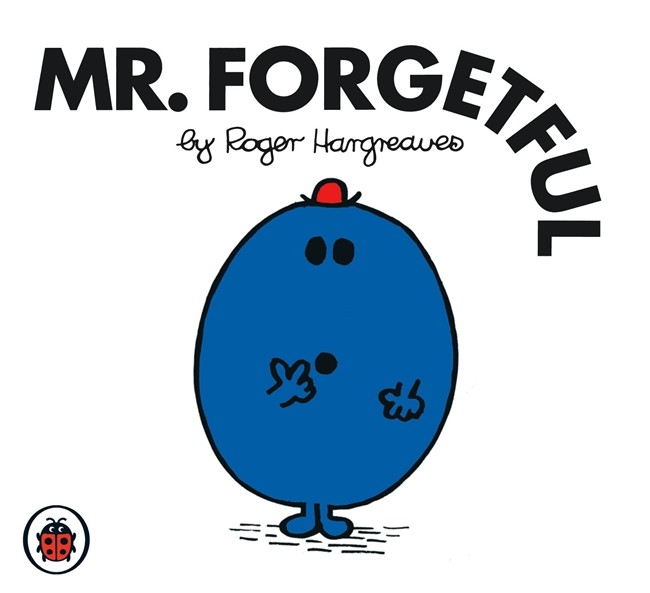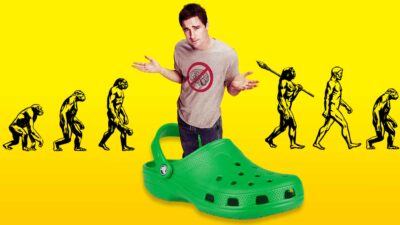 Forgetting is the new normal.
Forgetting is the new normal.
Memory researcher Dr. Scott Small would like to reassure you that you’re not losing your wits. Visit him in his lab at Columbia University’s Medical Center, tell him how the last time you went to a party, you couldn’t put names to faces, how telephone numbers slip your mind, and he’ll walk to his blackboard, pick up a piece of chalk and draw two lines. One, he will tell you, represents age. The other is memory. “As age goes up, memory goes down,” he says. “Memory decline occurs in everyone.”
Anecdotally, that’s no surprise. Approach middle age, and it’s hard not to notice that your recall is flickering. This, we’re reassured, is perfectly normal–all your friends are complaining about the same thing, aren’t they?–and yet it doesn’t feel normal. You don’t just have your mind, after all; you are your mind, and nothing threatens your well-being so much as the feeling that it’s at risk. What’s more, while most memory loss is normal, at least some people must be part of the unlucky minority that develops Alzheimer’s disease or other forms of dementia. Why not you?
Alzheimer’s is expected to strike 34 million people globally by 2025 and 14 million in the U.S. alone over the next 40 years. Half of all people who reach age 85 will exhibit symptoms of the disease. That, however, means that the other half won’t. And since average U.S. life expectancy currently tops out at 80.4 for women and only 75.2 for men, by the time your 85th birthday rolls around, you’re not likely to be troubled by Alzheimer’s disease–or anything else.
Still, that doesn’t make it any easier when you forget to pick up the dry cleaning or fumble to recall familiar addresses. The good news is, science is as interested in what’s going on as you are. With better scanning equipment and knowledge of brain structure and chemistry, investigators are steadily improving their understanding of how memory works, what makes it fail, how the problems can be fixed–and when they can’t.
For most people, all this will mean reassurance as worrisome symptoms turn out to be nothing at all. “Normal is the new frontier,” says Mony de Leon, director of the Center for Brain Health at New York University Tisch Hospital. And for those who do drift beyond that frontier, the same research may offer new hope for treatments and even cures.
Consider, for a moment, how memory is supposed to operate. Consider, that is, the hippocampus. A cashew-shaped node of tissue, the hippocampus sits deep in the temporal lobe of the brain, near the amygdala, which is the seat of emotions. If the brain has a gatekeeper of sensory information, the hippocampus is it. The aroma and sizzle of bacon frying, the smooth finish of polished granite, a phone number you need to call–all must pass through the hippocampus. Only if information gets in can it be moved along to the prefrontal cortex, where it will be held briefly in what is called working–or short-term–memory. When you look up the phone number, dial it and promptly forget it, that’s your prefrontal cortex working in tandem with your hippocampus.
But let’s say you hang on to the number 10 minutes or even 10 months later. Why? Because that bit of information has gone through a chemical process called long-term potentiation (LTP) that strengthens the synapses. You need LTP to form long-term memories. And LTP takes place in the hippocampus.
The hippocampus begins to malfunction early in Alzheimer’s disease. Imaging studies have shown that people with Alzheimer’s typically have smaller than average hippocampi. Meanwhile, as the hippocampus is shrinking, the pathway between it and the prefrontal cortex also begins to degrade. Signals peter out and fade away, and questions take their place: Do I know you? Who am I? But it’s not just with Alzheimer’s: the hippocampus also goes at least somewhat awry in normal memory loss. “It’s relatively stable in volume till about 60,” Harvard neuroscientist Randy Buckner explains, “and then begins to change. People with Alzheimer’s disease, though–they slide off the cliff.”
Small and his colleagues have been trying to understand this difference. Small’s hunch–now proven–was that a node of the hippocampus different from the one affected in Alzheimer’s was breaking down in normal memory loss. “In humans, monkeys and rats,” he says, “normal aging targets a node called the dentate gyrus, while a different node–the entorhinal cortex–is relatively spared. But in Alzheimer’s disease, it’s almost exactly reversed.” Small has gone deeper, pinpointing a protein molecule known as RbAp48 that is lower in the brains of people suffering ordinary age-related memory loss. He and his colleagues are now testing the effect of that molecule in a knockout mouse–one engineered not to express RbAp48. They are also looking at interventions that might amplify the molecule and presumably boost memory.
But even if you, like the mouse, are low in RbAp48, don’t pin all the blame for your memory loss on your hippocampus. As people get older, their attention starts to flicker, and that plays a role of its own. The prefrontal cortex, which controls planning, organization, abstraction and forethought, is the same region that allows us to concentrate, and it starts to diminish in size well before middle age. It also begins to use the brain’s fuel, glucose, less efficiently and loses about half the neurotransmitter dopamine it once had. The result of all this, says Amy Arnsten, a neurobiologist at Yale Medical School, is that as we get older, we get “ADHD, but it’s attention-deficit hypoactivity–not hyperactivity.”
In her lab at Yale, Arnsten has roused idling monkey and rat brains with a medication called guanfacine, which appears to amplify the circuits of the prefrontal cortex. The drug has been tested on children with ADHD as well as on people with traumatic brain injury, posttraumatic stress and schizophrenia, and in each case it seems to revitalize working memory.


Frank Wilson is a retired teacher with over 30 years of combined experience in the education, small business technology, and real estate business. He now blogs as a hobby and spends most days tinkering with old computers. Wilson is passionate about tech, enjoys fishing, and loves drinking beer.




















